
Years ago, as I was checking out at my local grocery store, the clerk gave me a rose and wished me a Happy Mother’s Day. I choked back tears, grabbed the last bag of groceries and shoved the cart toward the nearest exit.
At the time, I had been trying to conceive at age 37 and, after many failed attempts, was very worried that it wasn’t going to happen. As a lesbian and someone who didn’t have $40,000 in the bank to start adoption proceedings, I was terrified that I would never become a mother. I hated Mother’s Day with a particular kind of passion that year.
The truth, though, is that Mother’s Day always has been complicated for me. As an adoptee, the holiday brought up deep feelings about the woman I would never know who gave birth to me and who gave me up to give me a better life than the one she could provide. It triggered sadness for the newborn I had been, lying in a hospital bassinet with no mother for my first five days of life, but it also filled me with gratitude for the woman who eventually became my mom.
When I was young, I was very close with my mother. She was affectionate, funny, strong, beautiful and committed to many righteous causes. As a child, I did all of the usual things kids do for their mothers on this holiday — I made tacky, awful tchotchkes for her in school, made terrible drawings into cards for her and, later, bought her things she didn’t need and pretended to like because I bought them special for her with my own money.
My parents divorced when I was 8, so it was on me and my younger sister — who also was adopted — to make Mother’s Day special for our single working mother. We would make her breakfast in bed, bring her our gifts and smile as she cried reading our cards. Mother’s Day always was textured but OK back then.
It took many therapists and knowledgeable friends to help me understand that my mother suffers from borderline personality disorder with narcissism as a large component of her personality. As my sister and I individuated and as our mother’s options dimmed, she became more difficult and even cruel. I would go for long periods of time without contact with my mother and carried a great deal of guilt and anger about our relationship, which was so fraught with pain.
Wise mentors and teachers helped me to understand that my mother loved me as best she could and that the problem lay within her own tortured childhood (at the hands of her mother) and not with me. It is a lesson I struggle to relearn all the time — again and again and again.
I have never spoken about this publically but feel it is time, as my mother has suffered a massive stroke and no longer can be hurt by what I write or say. We have been estranged for years after a particularly vicious incident, and Mother’s Day once again is terribly painful for me.
I write this for all of the people who dread this holiday for so many reasons. There are women who desperately want to be mothers and can’t for whatever reason, mothers who grieve for lost children, people who were close to their mothers and are trying to figure out how to live in the world without them. There are those of us who long for what we’ll never have with our mothers, who love them as only children can love a parent and who feel deeply betrayed by them at the same time.
As the mother of a beautiful 13-year-old daughter, I treasure the tacky tchotchkes, the terrible drawings made into cards, the gifts my daughter buys me with her own money that I actually do love because she bought them special for me. I cry every year as she sits at the foot of the bed watching me read her cards.
This Mother’s Day, I ask that we not assume that every woman we encounter is a mother, that not every one of us wants to talk about our mothers, and realize that many people find this day particularly painful. It’s a lesson I’ve learned about every holiday — we serve each other best when we assume people’s relationships to loaded days and times are loaded.
If we can approach everyone on days like Mother’s Day with well wishes but with no assumptions, if we can regard one another with a deep and loving curiosity rather than a blithe “Happy Whatever,” we open up the possibility of allowing people to be seen and acknowledged as we honor the complex set of contradictions that make human life so difficult and so interesting.
Our tradition tells us that God created human beings because God loves stories. This Mother’s Day, may we regard each person we encounter as someone with a story, and may we have the courage to tell our own.
More Mother’s Day stories:
Sharing wisdom from the mothers we’ve lost
Searching for my broken heart
RABBI AMY BERNSTEIN is senior rabbi at Kehillat Israel Reconstructionist Congregation of Pacific Palisades.







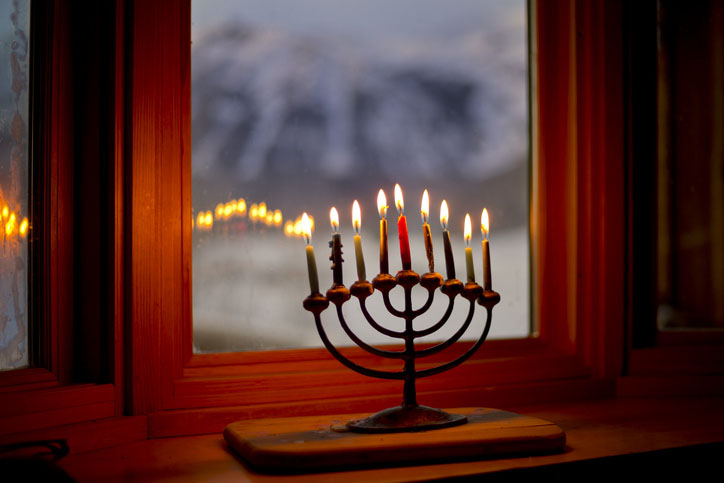
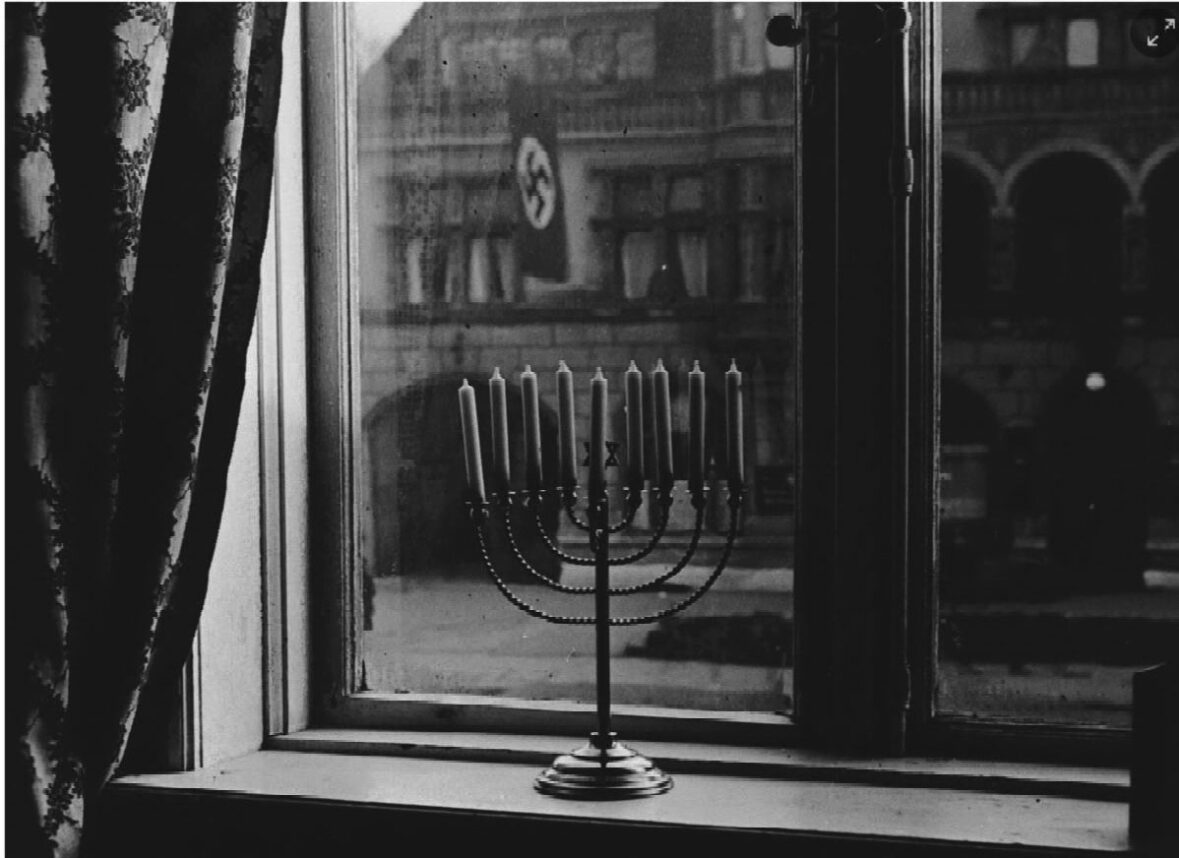
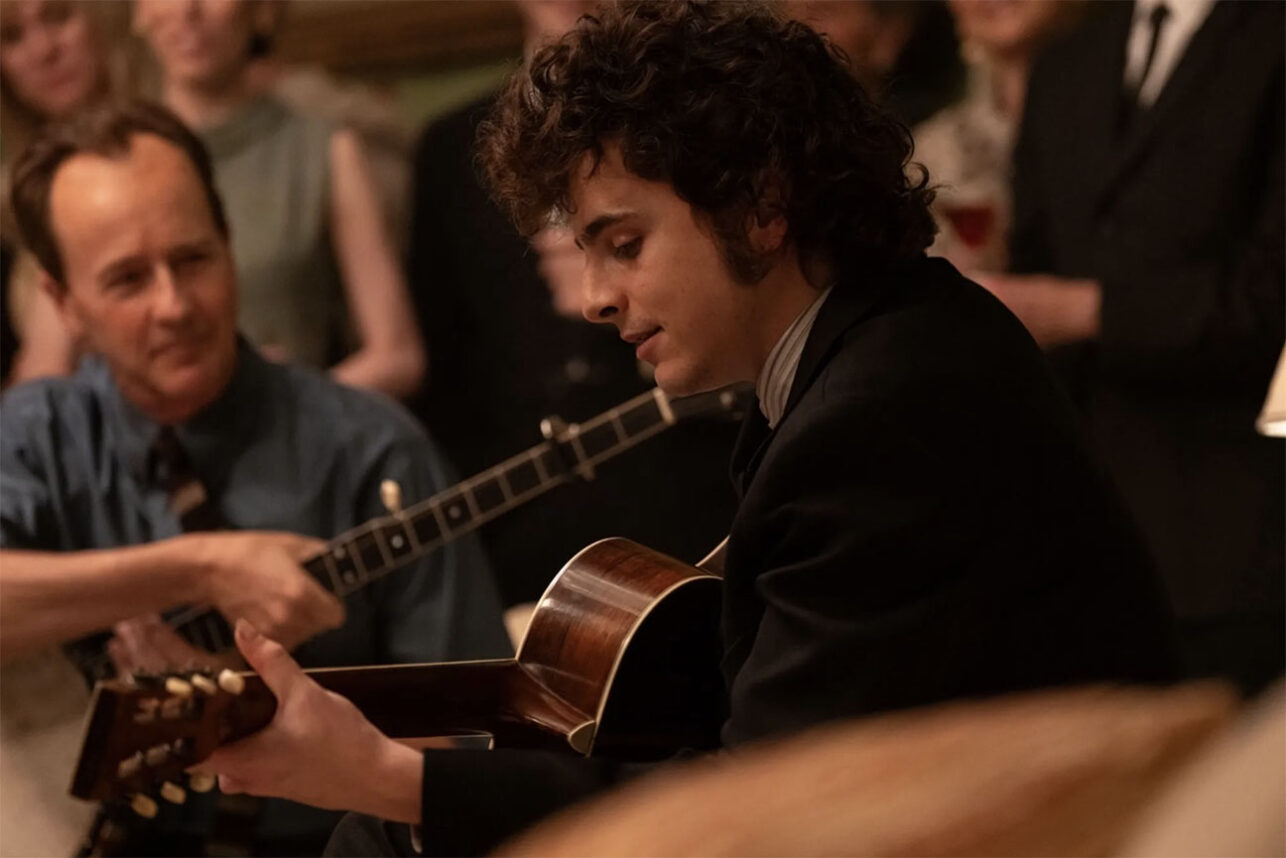
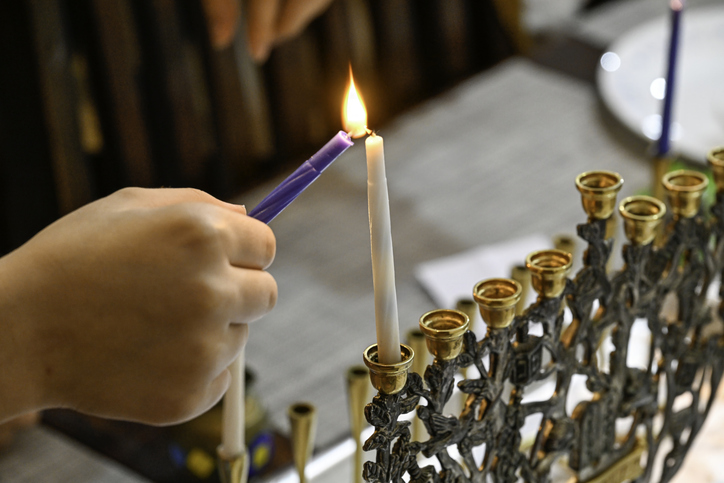
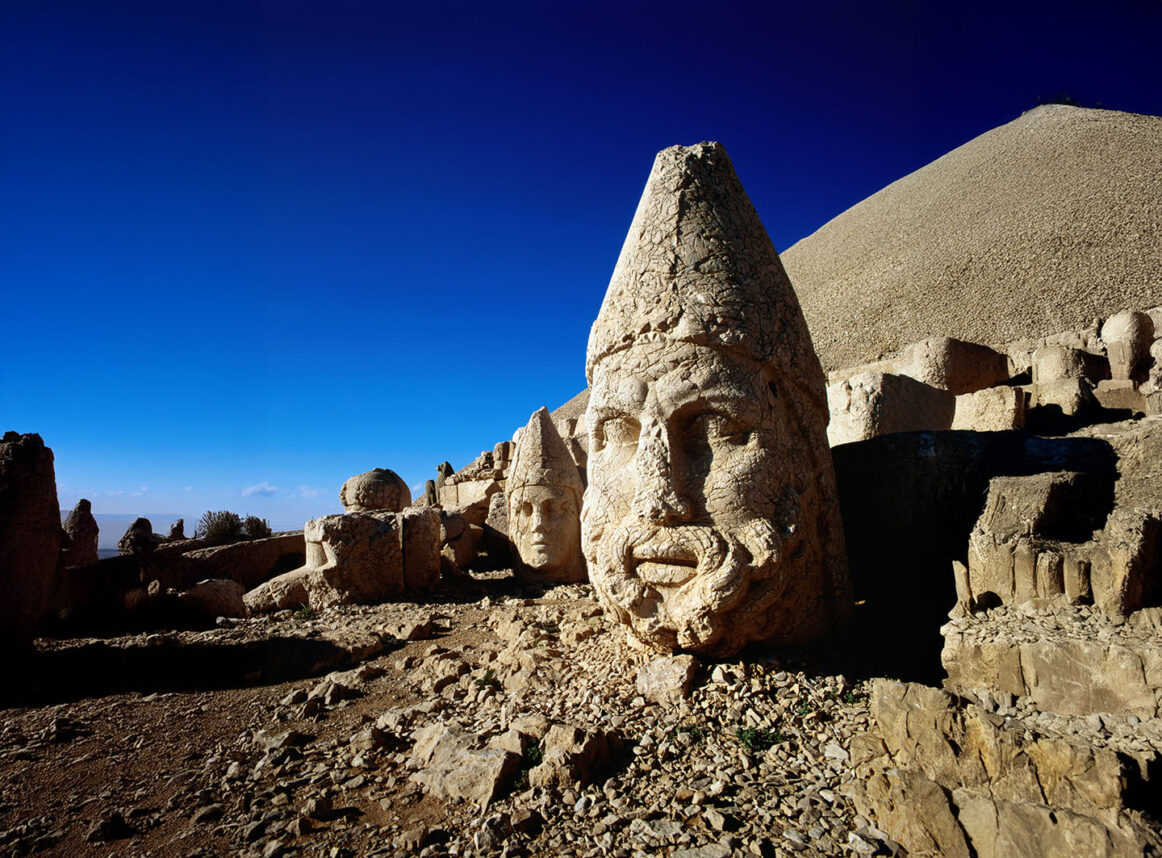
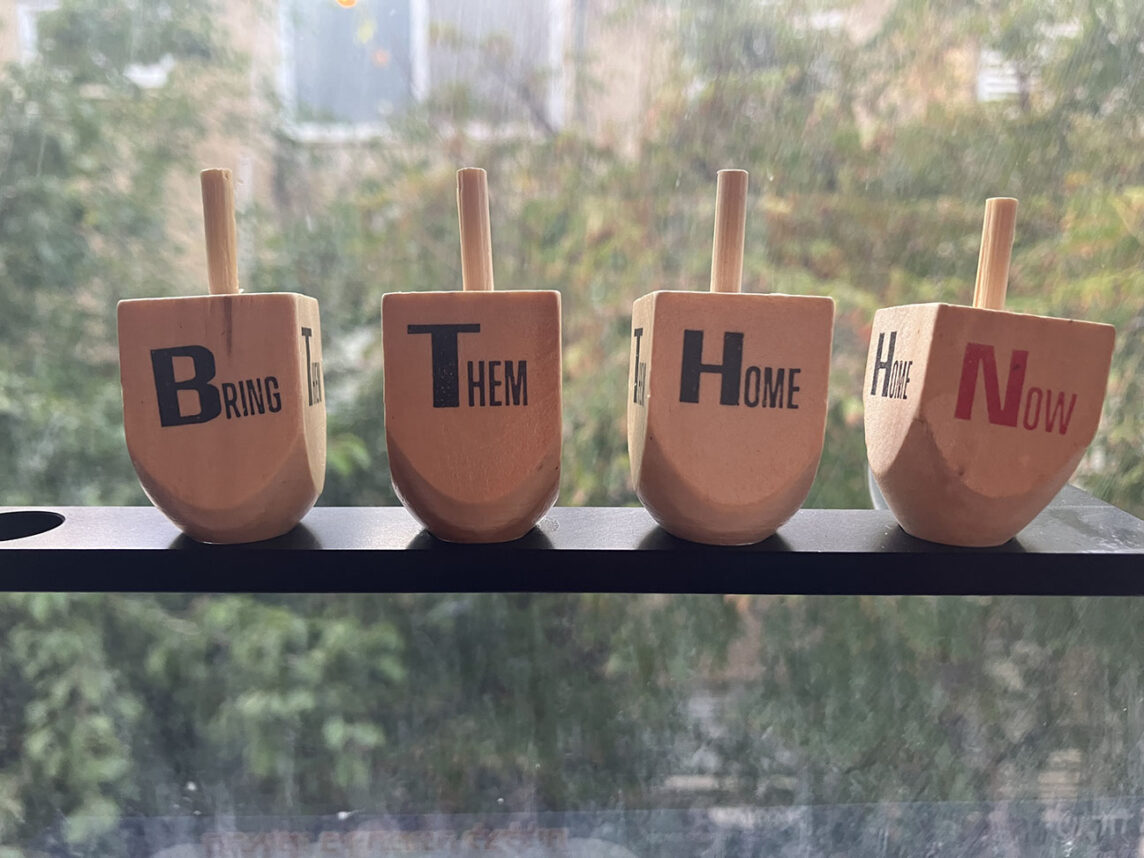
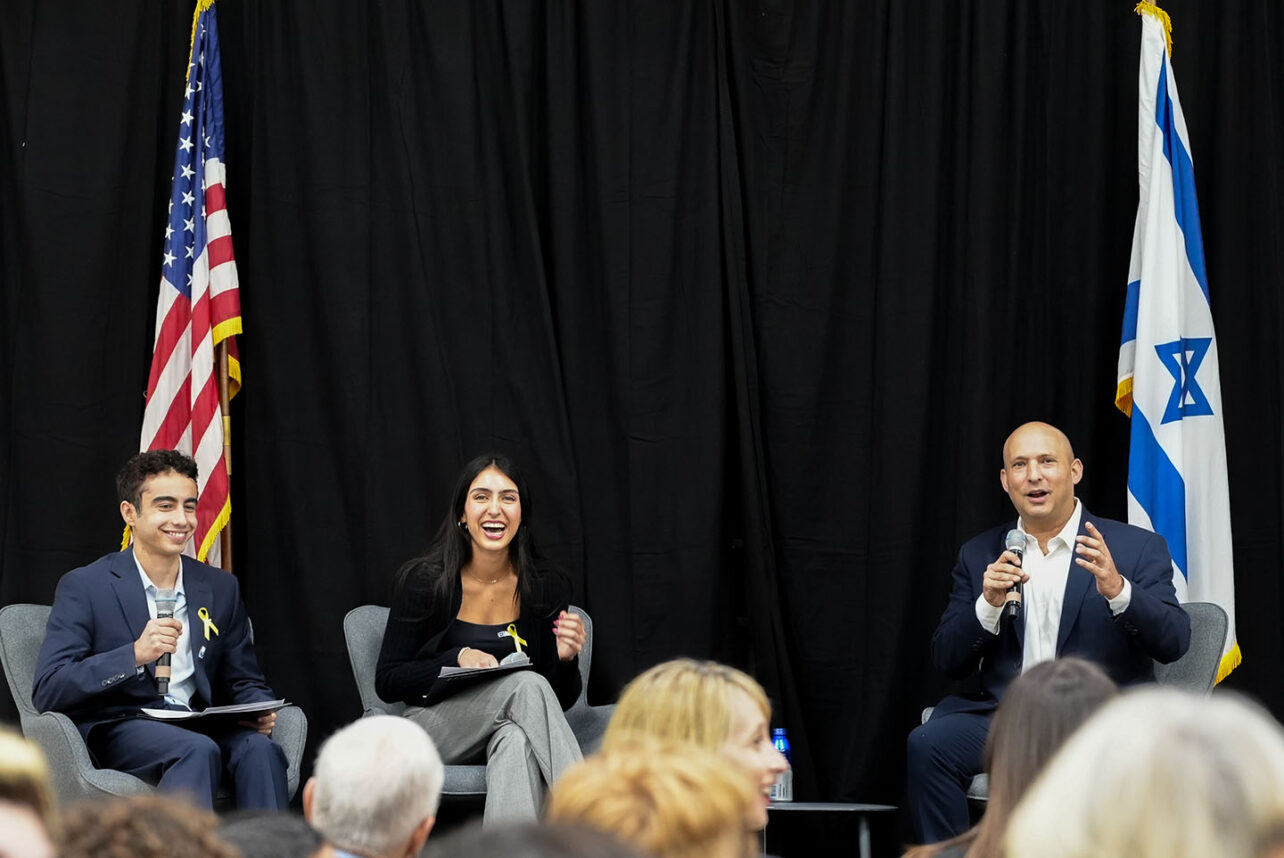
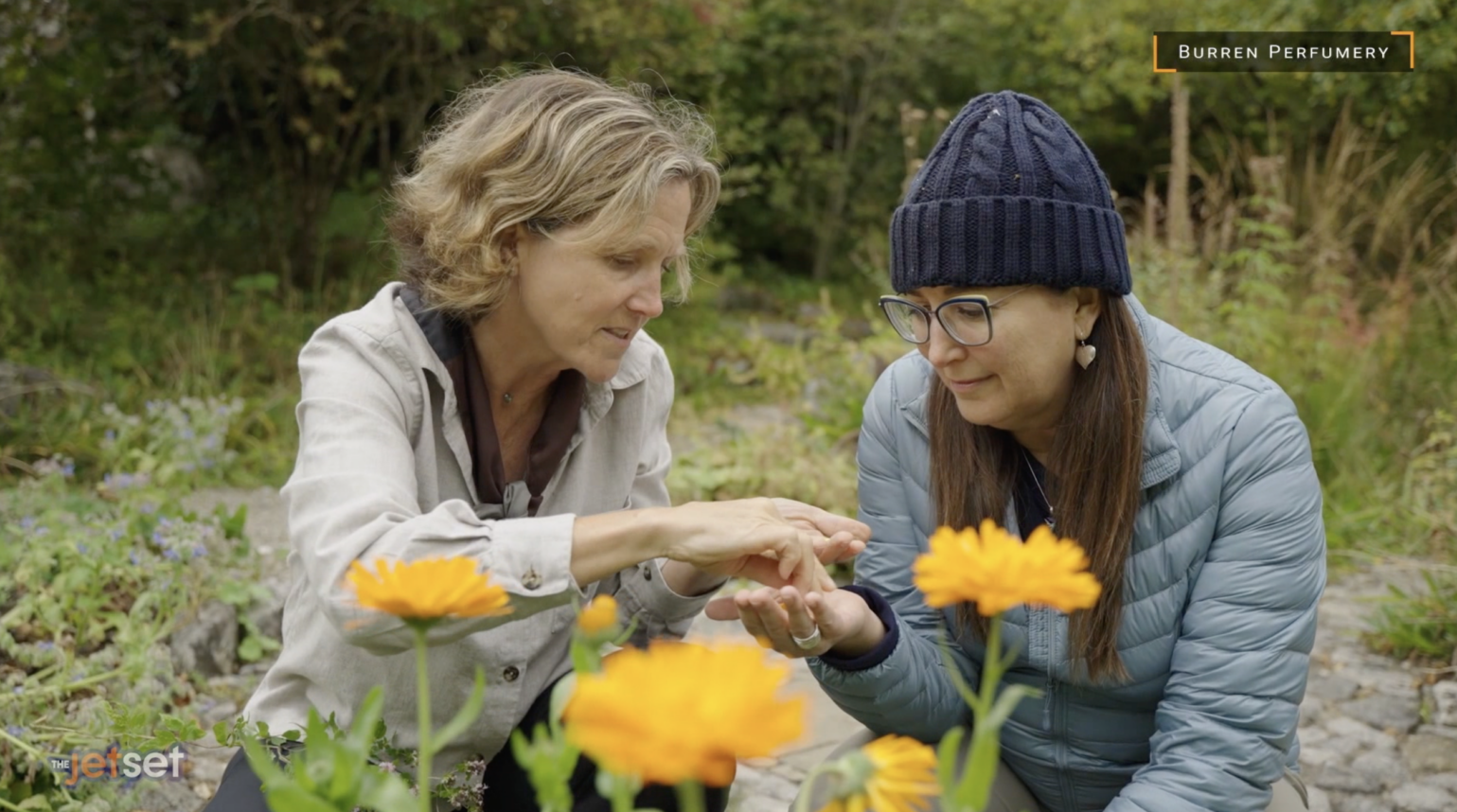
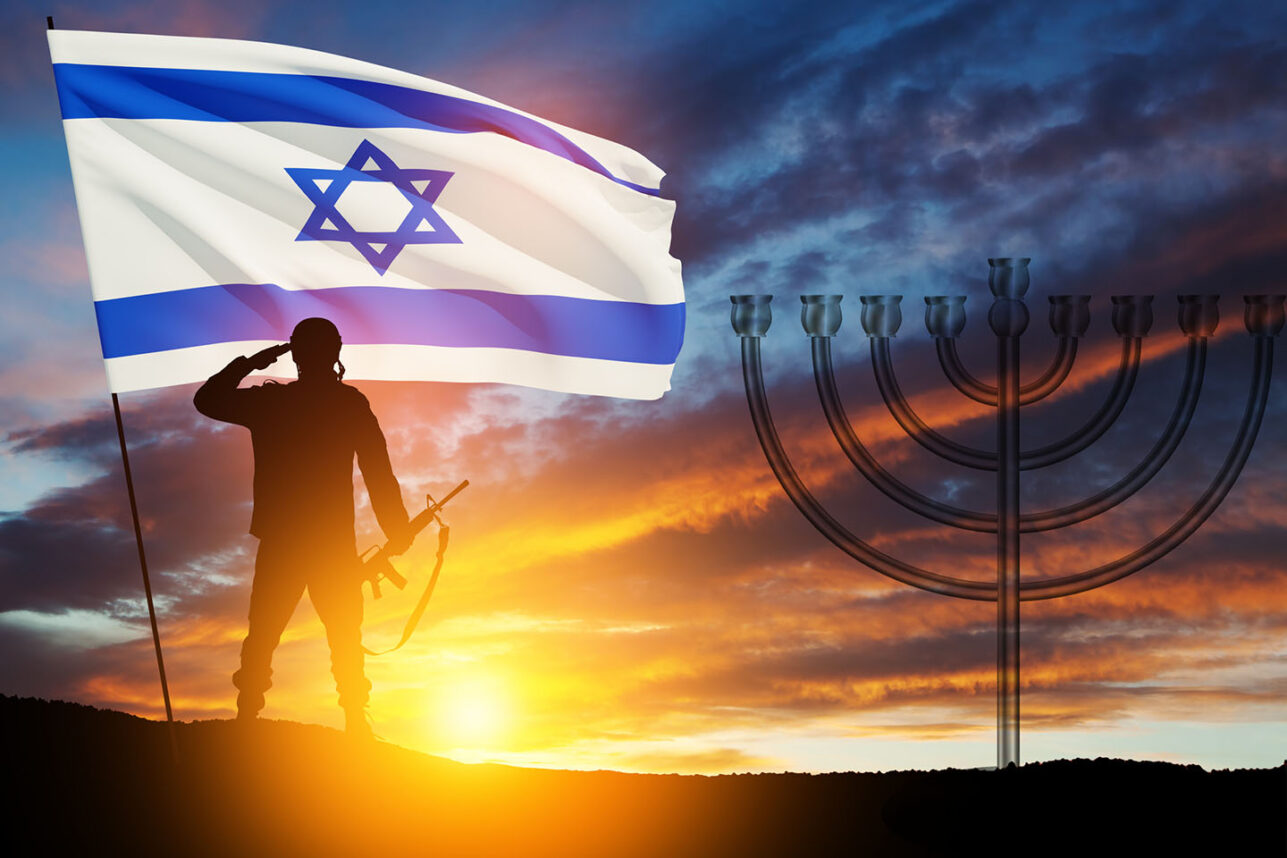





 More news and opinions than at a Shabbat dinner, right in your inbox.
More news and opinions than at a Shabbat dinner, right in your inbox.